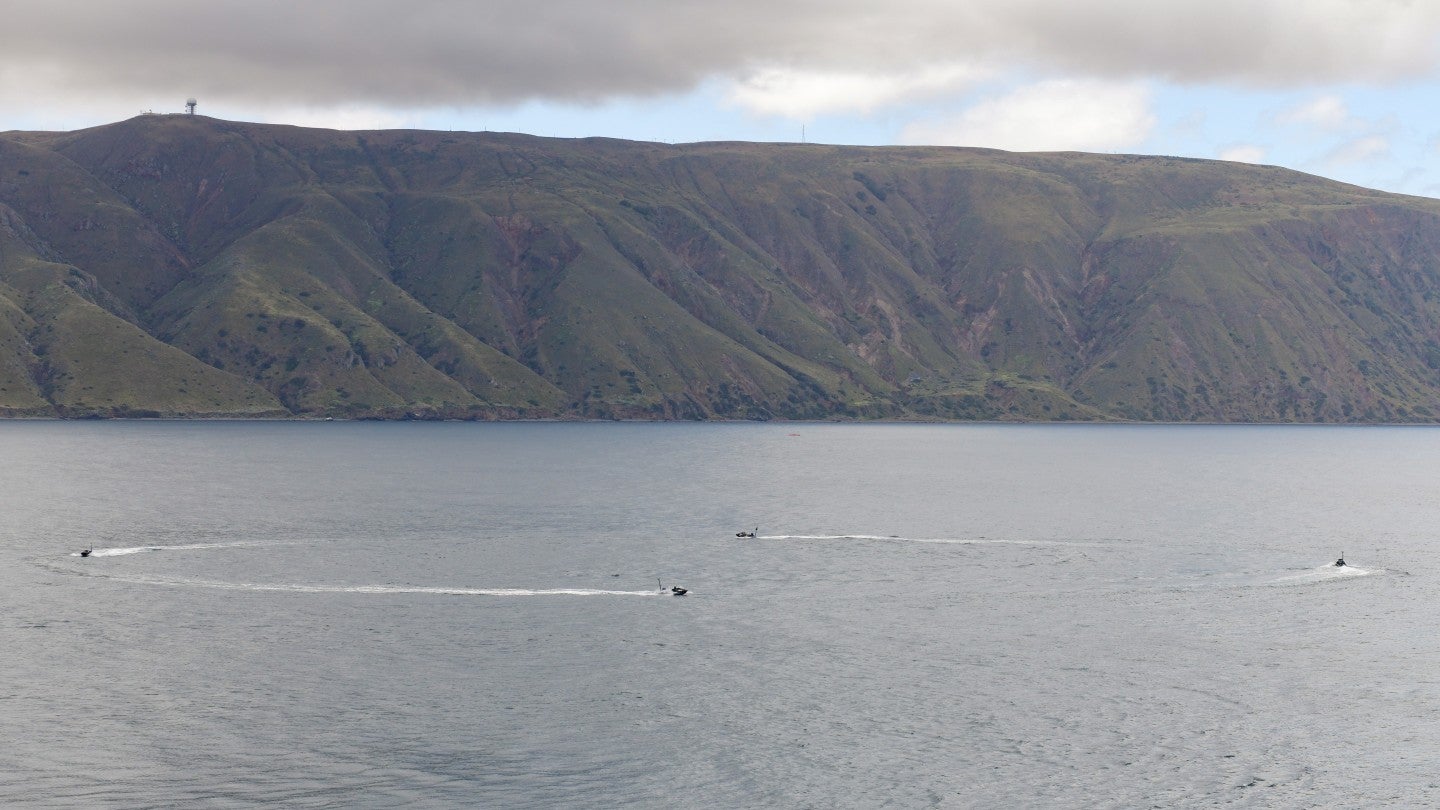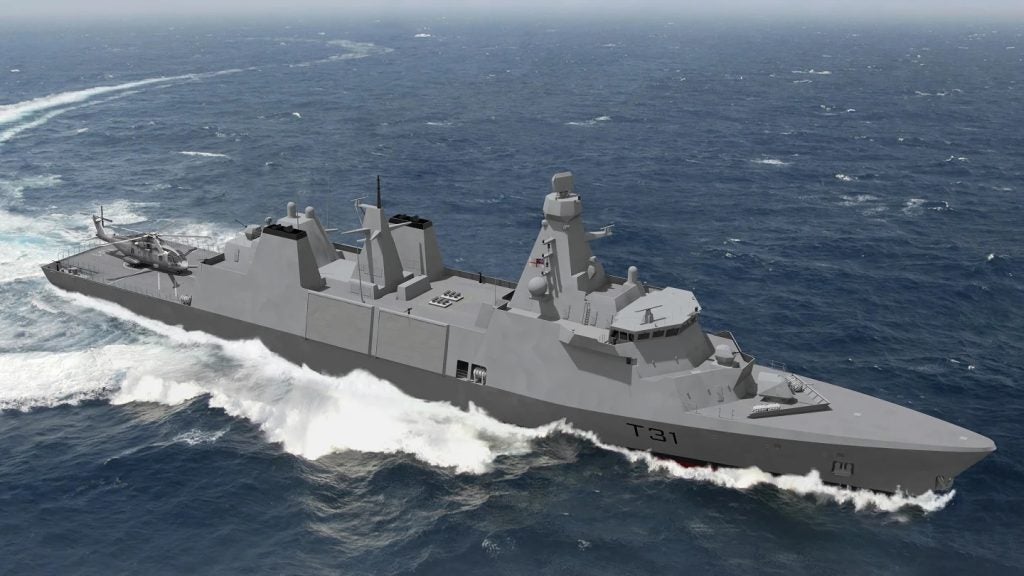
The US Pacific Fleet (PACFLT) has commenced the tactical warfighting rehearsal exercise, called Uncrewed Systems Integrated Battle Problem (UxS IBP) 23.1.
The event, which commenced on 1 May, is being conducted by the US Third Fleet to assess and develop fleet-centric abilities and concepts.
It is the second multi-domain exercise being carried out by the PACFLT to enhance and develop the service’s uncrewed capabilities in ‘above the sea, on the sea as well as below the sea’ scenarios.
Throughout the UxS IBP 23.1, the participating forces will validate several uncrewed systems employment concepts that help in maintaining stability, freedom and peace in the Indo-Pacific region.
This activity also focuses on surveillance, reconnaissance, long-range fire above and below sea, command and control as well as re-constituting intelligence.
During the exercise, PACFLT will work in coordination with other US Type Commanders to assess uncrewed systems and determine the necessary areas of enhancement by giving feedback for respective system programmes.
Deployed Type Commanders units include the US PACFLT’s Naval Surface Forces, Naval Air Forces, Naval Submarine Forces and Naval Special Warfare Command.
US Third Fleet Experimentation assistant chief of staff captain Dan Brown said: “We view uncrewed systems as a force multiplier for traditional vessels, not a replacement.
“We are optimising the contribution of uncrewed systems to overall naval strategy as an addition to the use of traditional vessels.”
The latest iteration of event involves participation of RQ-20 PUMA uncrewed aircraft system, Seahawk and Sea Hunter medium displacement uncrewed surface vessels (USV), MANTAS T-38 Devil Ray USV, among other systems.
By conducting such exercises, the US Navy ensures that its sailors are equipped with required skillsets and confidence to operate alongside uncrewed systems at the sea by the end of this decade.
Brown said: “Successfully integrating uncrewed platforms provides our commanders with better options to fight and win in contested spaces.”








